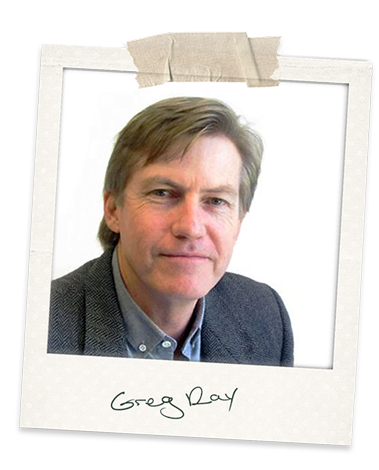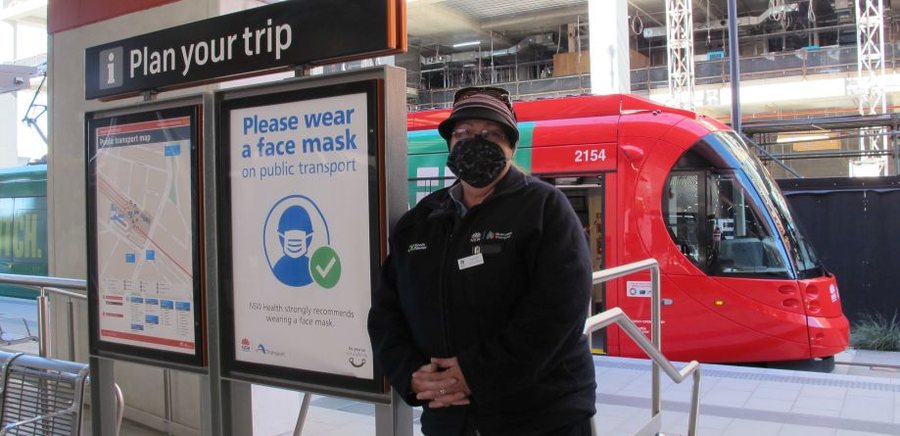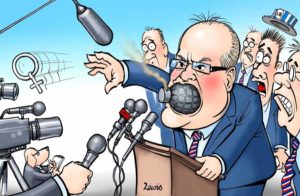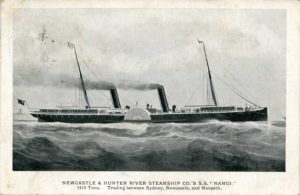In so many conversations these days the point arrives where somebody says something like: “but that was before Covid”. Yesterday it was somebody talking about the new travel gear they bought before the pandemic stopped travel. The day before it was somebody else describing how their childrens’ career plans were upended by the virus. The day before that it was something else, then something else again.
I’m calling that remembered time the BC years: Before Covid.
Not that I can really quite recall all the detail now. So many other shocks have followed. And it’s not as if Covid has left us either. The other common conversational element these days – often delivered by text or phone call – is people telling me they have, or have just had, a bout of the latest strain of the notorious and no longer novel coronavirus. According to official figures Australians are not dying from Covid in appreciable numbers at present but, anecdotally, plenty of people are getting it. Summer, perhaps. The boffins have said all along that the virus is deadliest in the cold months.
Most of us are living as if Covid is no longer a monster to be feared, although I do see quite a few people wearing masks when I’m out and about. We are living with Covid, for better or worse, as many experts said – more or less from the beginning – that we would.
Can you remember those strange and frightening days when the virus first arrived? Images of piled-up body bags outside hospitals in Wuhan, China. Frenzied speculation about what it was and where it had come from. Bats. Wet markets. American-funded “gain of function” experiments at Wuhan’s Institute of Virology. And then it was out of China and into Europe and the USA. More body bags outside more hospitals as health systems buckled under the unaccustomed weight. Temporary Covid hospitals. Rented cool-rooms for the piles of corpses. Mass burials.
Scientists scrambled to study the new virus and invent diagnostic tests and vaccines. We heard dark talk of “furin cleavage sites” before being reassured that no, it wasn’t a lab-made disaster. Many remained unconvinced. The World Health Organisation bizarrely declared the virus wasn’t airborne and masks were not recommended. When it hit Australia the fight raged between those who wanted to contain it and those – mostly in right-wing politics and media – who wanted to “let it rip” to minimise economic damage. The states fought the Commonwealth as contaminated cruise ships churned the coastline and incredulous overseas travellers landed at Australian airports with nary a question asked.
We fought over toilet paper, bought litres of pointless “decontaminating” fluids, wore gloves and were ordered to stay home. We queued at Covid testing stations. We queued for everything, keeping our social distance. We watched people suffocating in intensive care as doctors and nurses struggled to keep going under the pressure. Loved ones died with nobody but hospital staff to see them off. Highways were eerily quiet and police had new reasons to fine people.
While the authorities kept insisting the virus wasn’t airborne and advising that masks were worse than useless – contradicting years of experience with influenza – masks were hard to locate. We pilloried Chinese Australians who bought every mask they could find to send back home to China. By the time the advice was corrected the damage was done and the lunar right, encouraged by their mad king Trump in the land of the free, were marching against masks. When vaccines began to arrive we saw the mask come off the ugly face of capitalism as the big drug companies took billions in public funds with one hand then ruthlessly raked in scandalous profits with the other. The drug companies and their billionaire patron Bill Gates said the poor could wait, so they did, and died in droves.
International travel froze. The Australian Government left thousands of its citizens stranded overseas and paid to turn hotels into quarantine centres where contractors overcharged captive clientele for bad food and stale, contaminated air.
The first batches of vaccines arrived. Available for private school pupils but not for poor communities. Then reactions hit some poeple, and things got even more confused. The anti-vaxxers, goaded on by populist politicians, had their demonstrations. The sleazy behaviour of the global drug companies got even worse. Then we had vaccine passports. Vaccination apps and barcode scanning. Contact tracing.
Eventually the fear gave way to fatigue but so did “long Covid”.
And here we are. Living with Covid. Looking back at the mismanagement, misinformation and confusion to the dimly remembered years BC. Reflecting on the lost loved ones, lost opportunities, derailed careers, redirected resources and the surreal strangeness of it all.
Wondering what comes next.




As much as I try to remember life in the years before covid I cannot.
I am not sure if you may agree but when something so traumatic happens we sometimes reset and start again to forget that part of our past.
The problem is when the event is so signifigant that you do not just forget it but everything before it.
When you want to weaken something (society) you provide questions without answers to create confusion and division.
Throw in North Korea and Trump being elected, prior to Covid, and why would you not beleive the world could end tomorrow.
All I can say in short is that the world stopped while we tried to figure out our futures and when it started again nothing was the same.
It really feels like somebody pushed the reset button and opened the floodgates to the idiots and greedy with Trump being seriously considered to be again president and allegedly a million houses being empty while people cannot find homes.